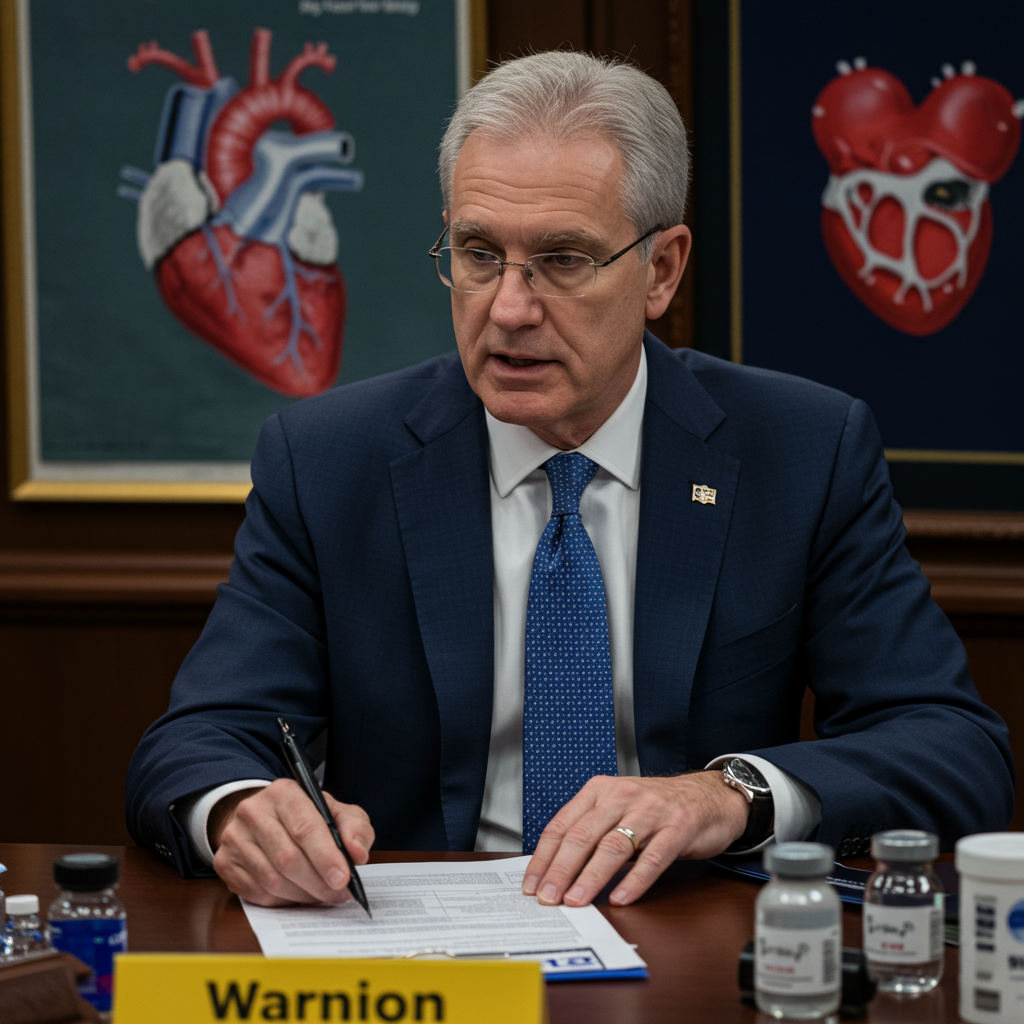A significant portion of citizens from the tiny Pacific nation of tuvalu are seeking refuge in Australia. Official data reveals that almost one-third of tuvalu’s population has applied for a unique climate visa offered by Canberra. This overwhelming demand highlights the severe and immediate threat posed by rising sea levels to the low-lying island nation.
Australia has established a specific visa category for Tuvaluan citizens. This initiative is part of a groundbreaking agreement between the two countries. It offers a pathway for relocation as climate impacts worsen.
Australia’s Landmark Climate Migration Deal
The visa program stems from the “Falepili Union,” a pact signed between Australia and Tuvalu. This agreement, reached in 2023 or 2024 depending on reporting, is being hailed as the first of its kind globally. It explicitly addresses climate-induced displacement. Under its terms, Australia commits to accepting 280 Tuvaluan citizens annually through a dedicated visa stream.
This is a direct response to the existential threat facing Tuvalu. Scientists warn the nation could become uninhabitable within 80 years. Rising oceans are already claiming land. Two of Tuvalu’s nine coral atolls have reportedly vanished under the waves. The climate crisis is no longer a distant threat; it is impacting lives now.
Overwhelming Demand for the First Ballot
The initial signs indicate enormous interest in the new visa. Data shows 3,125 Tuvaluans entered the random ballot for the first year’s intake. This occurred within just four days of the ballot opening. Considering Tuvalu’s total population was 10,643 in 2022, this number represents nearly a full third of the nation.
The sheer volume of applicants underscores the urgency felt by many Tuvaluans. They face increasingly difficult living conditions due to climate change impacts. The ballot for the 2025-26 program year remains open until July 18. Registration requires a modest fee of A$25 (about US$16). The program offers Tuvaluans the choice to live, study, and work in Australia.
The Australian government emphasizes its recognition of climate change’s devastating effects. A spokesperson noted the significant impact on vulnerable countries and peoples, especially in the Pacific. This agreement provides a pathway for “mobility with dignity” as climate challenges escalate.
Broader Implications of the Falepili Union
The Falepili Union is more than just a migration pact. It also includes significant security and defense components. The agreement commits Australia to assisting Tuvalu in the face of natural disasters, health pandemics, and “military aggression.”
Tuvalu’s Prime Minister, Feleti Teo, highlighted the historic nature of this commitment. He noted it is the first time a country has legally committed to come to Tuvalu’s aid upon request. Furthermore, Australia has legally committed to recognizing Tuvalu’s future statehood and sovereignty. This is remarkable given the potential for its land territory to diminish due to sea level rise.
Addressing Sovereignty and Statehood in a Changing Climate
The issue of state continuity for nations losing land territory is a critical one in international law. Experts argue that countries should retain their statehood and rights even if their physical land disappears. This consensus is crucial to prevent statelessness for citizens and maintain access to vital maritime resources like fishing grounds and minerals.
A report by the International Law Commission (ILC) supports this view. It suggests that nothing in existing law prevents nations from maintaining their maritime boundaries despite land loss. These boundaries are essential for resource rights and political control. The ILC’s work acknowledges the injustice faced by vulnerable states, those least responsible for emissions but most impacted by rising seas.
Australia’s formal recognition of Tuvalu’s permanent maritime boundaries sets a precedent. Latvia has also made a similar pledge. Tuvalu’s government, alongside the Alliance of Small Island States (AOSIS), argues that their statehood, sovereignty, and UN membership should continue regardless of sea level rise. AOSIS has sought an advisory opinion from the International Court of Justice on this matter.
Concerns About ‘Brain Drain’
Despite the humanitarian benefits, the visa program raises concerns. Some analysts worry about a potential “brain drain” from Tuvalu. The migration of skilled professionals and young talent could imperil the nation’s future development.
University of Sydney geographer John Connell pointed out the challenges faced by small island states like Tuvalu. He noted limited job opportunities in traditional sectors. While fisheries offer potential, they don’t generate widespread employment. A long-term exodus of workers could strain Tuvalu’s capacity to function as a nation. This highlights the complex balance between providing refuge and supporting the viability of the home country.
Tuvalu’s Efforts and International Context
Tuvalu’s Prime Minister emphasizes his people’s strong desire to remain on their land. The country is actively pursuing adaptation projects. These include building concrete coastal barriers and creating new land by dredging sand.
However, such projects are incredibly costly. PM Teo mentioned a US$40 million project that took years to secure funding. He urged development partners to make climate financing more accessible. Easier access to funds would support adaptation efforts, giving Tuvaluans more time on their islands.
The Falepili pact also includes a clause giving Australia a say in other defense agreements Tuvalu might sign. This has sparked debate about Tuvalu potentially ceding some sovereignty. The context of regional diplomacy is significant here. Tuvalu is one of the few nations maintaining diplomatic relations with Taipei instead of Beijing. Australia’s engagement is seen partly as an effort to counter China’s growing influence in the Pacific. Australian Prime Minister Anthony Albanese has spoken of a shared vision for a peaceful and stable region. He positions Australia as a trusted partner for its Pacific neighbors.
The situation in Tuvalu underscores the global challenge of climate-forced migration. While landmark agreements like the Falepili Union offer hope and dignity, they also raise complex questions about sovereignty, development, and international responsibility. The legal discussions around statehood continuity are a crucial part of preparing for the future impacts of rising sea levels. The international community faces the challenge of providing both immediate assistance and long-term solutions. This includes helping vulnerable nations adapt and ensuring their rights are preserved even as their land changes.
Frequently Asked Questions
What is the Australia-Tuvalu Falepili Union agreement?
The Falepili Union is a significant pact signed between Australia and Tuvalu in 2023/2024. It is considered the first agreement worldwide of its kind to address climate change’s impact on human mobility. Key components include a unique visa pathway for Tuvaluan citizens to relocate to Australia and a security commitment where Australia pledges assistance in case of natural disasters, health pandemics, or military aggression. The agreement also includes Australia’s recognition of Tuvalu’s statehood and maritime boundaries despite sea level rise.
How can Tuvalu citizens apply for the Australian climate visa?
Under the Falepili Union, Australia offers visas to 280 Tuvaluan citizens each year through a specific climate migration pathway. The process involves a random ballot system for eligible adult citizens of Tuvalu. For the initial intake, the ballot opened recently and requires a registration fee of A$25. Interested citizens must enter the ballot before its closing date, which for the first batch is July 18.
What are the concerns about the Tuvalu climate visa program?
While the program offers a vital lifeline for those threatened by rising seas, it has raised concerns. The primary worry is potential “brain drain.” Critics fear that the relocation of skilled workers and young people could deplete Tuvalu’s human capital. This could negatively impact the nation’s economy, administration, and long-term development prospects, making it harder for those who remain to sustain the country.
Word Count Check: ~1010 words



